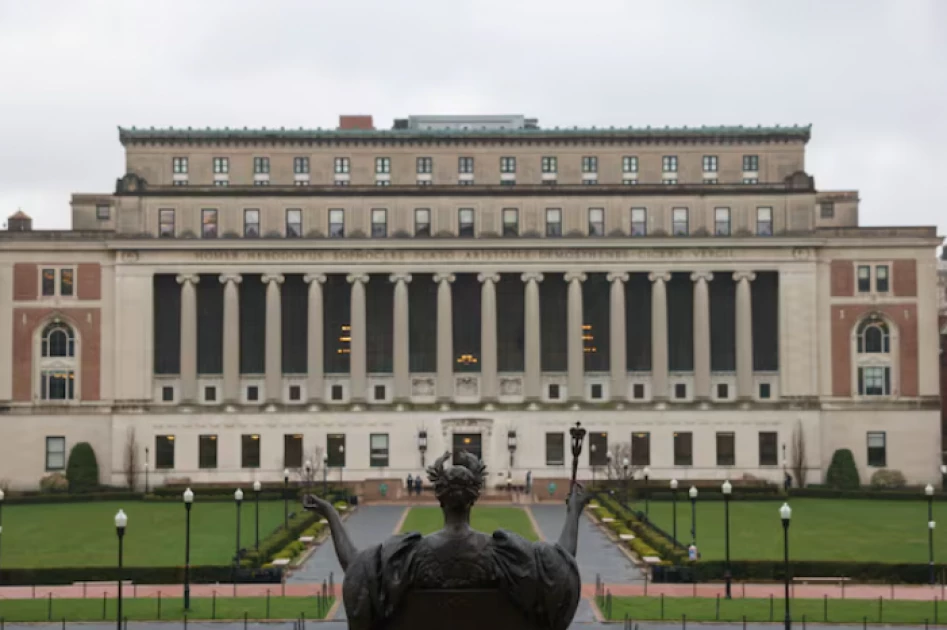Columbia University has agreed to pay over $200 million (Ksh. 25.7 billion) to the U.S. government in a sweeping settlement with President Donald Trump’s administration, resolving multiple federal investigations and paving the way for the reinstatement of most of its previously suspended federal funding.
The agreement follows months of mounting political pressure, stemming largely from the university’s handling of last year’s pro-Palestinian protest movement. The Trump administration, which returned to office in January, has taken an aggressive stance against what it calls rising antisemitism on campuses, singling out institutions like Columbia for scrutiny.
In March 2025, Columbia was hit with a $400 million federal funding freeze, citing the university’s alleged failure to adequately respond to reports of antisemitic harassment targeting Jewish and Israeli community members during the protests. In its statement, Columbia noted that the new agreement would restore access to the “vast majority” of those grants and ensure future eligibility for billions in federal support.
Additionally, Columbia will pay $21 million to settle investigations by the U.S. Equal Employment Opportunity Commission. As part of the broader agreement, the university will retain control over academic decisions, including faculty hiring and admissions, although it has committed to implementing a number of structural reforms.
These include:
- Disciplinary action against students involved in campus disruptions.
- Reforms to Columbia’s Faculty Senate to incorporate broader viewpoint diversity.
- Elimination of race-based preferences in hiring and admissions.
- Phasing out of Diversity, Equity, and Inclusion (DEI) programs.
- Curriculum review of Middle Eastern studies departments.
The university also agreed to adopt a controversial definition of antisemitism that equates it with opposition to Zionism—drawing fierce criticism from pro-Palestinian advocates and academics who argue this conflates political critique with hate speech.
Student group Columbia University Apartheid Divest condemned the settlement as a betrayal. “Imagine selling your students out just so you can pay Trump $221 million dollars and keep funding genocide,” the group said, referring to U.S. military support for Israel’s actions in Gaza. Israel denies accusations of genocide, maintaining its operations are in self-defense following a deadly Hamas attack in October 2023.
The settlement includes oversight measures requiring Columbia to appoint two new administrators: one to oversee compliance with the federal agreement and another to monitor antisemitism on campus. The university must also conduct a comprehensive review of its international admissions policies.
The move comes shortly after Columbia disciplined dozens of students for participating in a May protest that involved the occupation of the university’s main library. Critics warn that the crackdown raises serious concerns about free speech, due process, and academic freedom—especially as the Trump administration continues its broader campaign against universities perceived to be harboring anti-Israel sentiment.
While the administration has taken a hard line on alleged antisemitism, rights groups note a lack of equivalent attention to anti-Arab, anti-Muslim, and anti-Palestinian bias in the wake of the Israel-Gaza conflict. Calls to address Islamophobia have so far gone unanswered by federal authorities.
As the 2025–2026 academic year approaches, Columbia faces the challenge of restoring campus trust and balancing federal compliance with the academic integrity and freedoms that have long defined American higher education.




